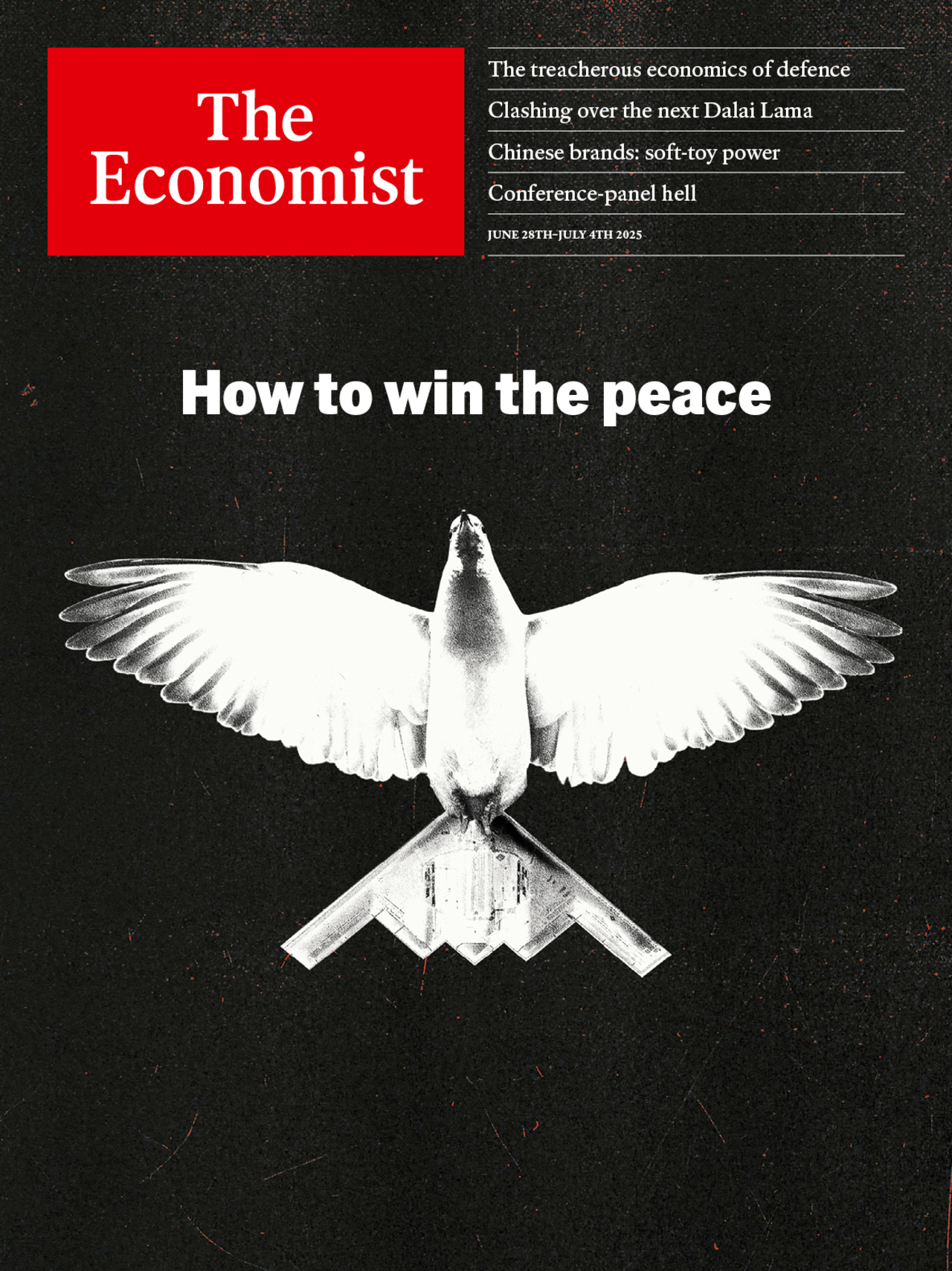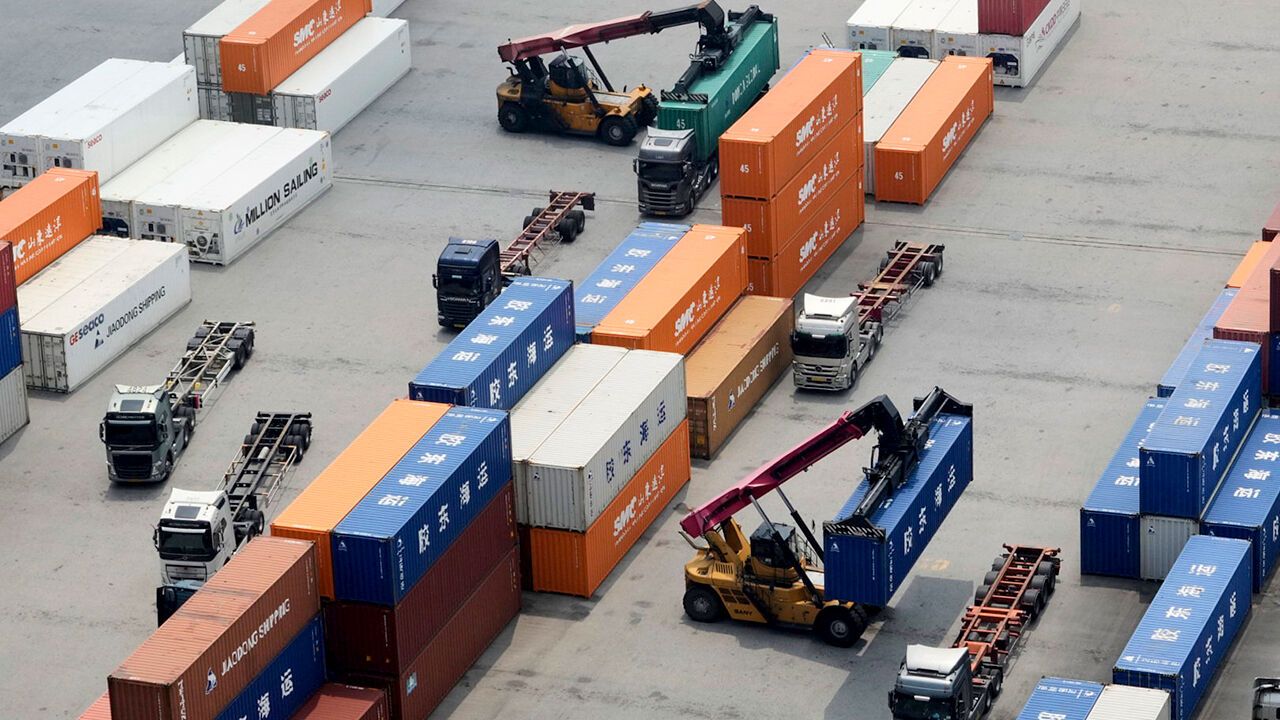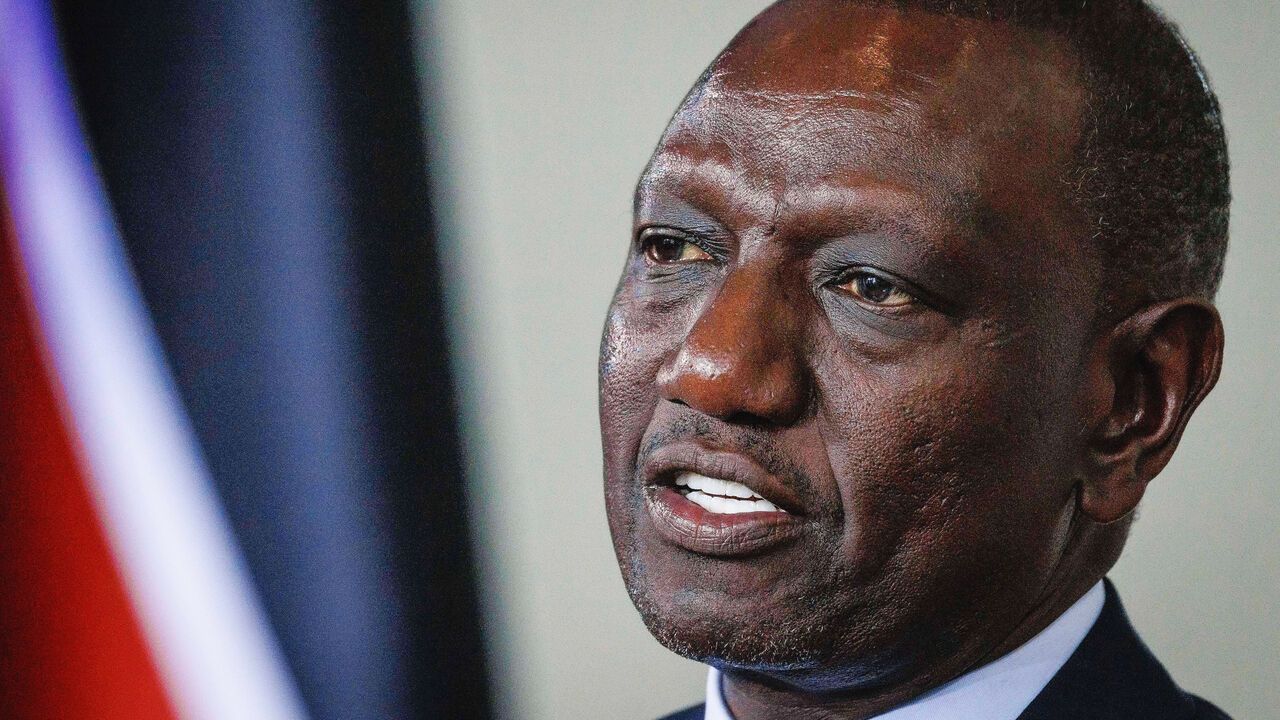How the defence bonanza will reshape the global economy
As they spend big, politicians must resist using one pot of money to achieve many goals
For the first time in decades, the rich world is embarking on mass rearmament. Wars in Ukraine and the Middle East, the threat of conflict over Taiwan and President Donald Trump’s impulsive approach to alliances have all made bolstering national defence an urgent priority. On June 25th members of NATO agreed to raise their target for military spending to 3.5% of gdp, and allocated an extra 1.5% to security-related items (Spain insisted on a loophole). If they achieve that target in 2035, they will be spending $800bn more every year, in real terms, than they did before Russia invaded Ukraine. The boom goes wider than NATO. By one estimate, embattled Israel splurged more than 8% of its gdp on defence last year. Even doveish Japan plans to stump up.
This article appeared in the Leaders section of the print edition under the headline “The economic consequences of war ”

From the June 28th 2025 edition
Discover stories from this section and more in the list of contents
Explore the edition
America cannot dodge the consequences of rising tariffs for ever
Their economic impact has been delayed but not averted

How A-listers are shaking up the consumer-goods business
Hailey Bieber, Rihanna and Ryan Reynolds are among a new cohort of celebrity entrepreneurs

William Ruto is taking Kenya to a dangerous place
The president’s authoritarian instincts are propelling a spiral of violence
China is building an entire empire on data
It will change the online economy and the evolution of artificial intelligence
Trumponomics 2.0 will erode the foundations of America’s prosperity
The Big Beautiful Bill is symptomatic of a wider malaise
Sir Keir Starmer is rapidly losing his authority
As well as his hope of achieving much in office

